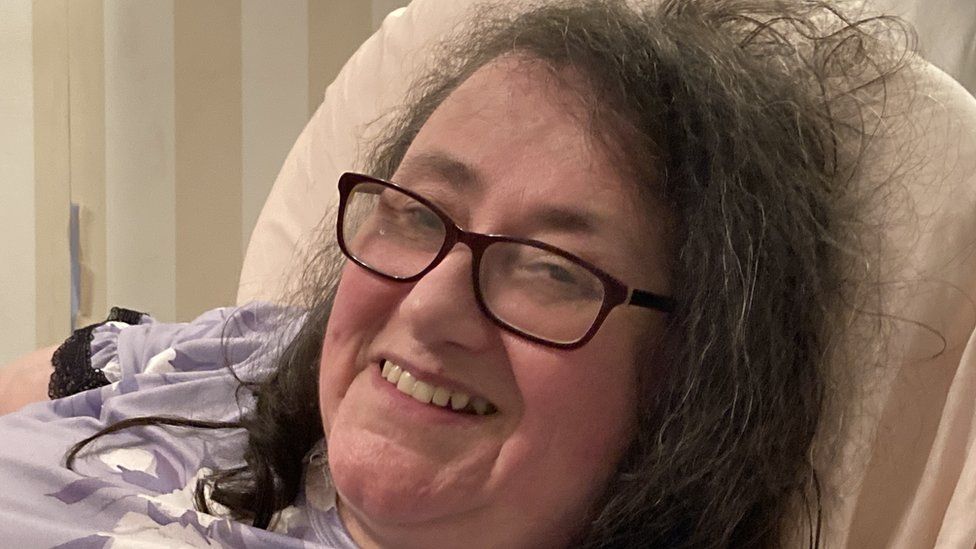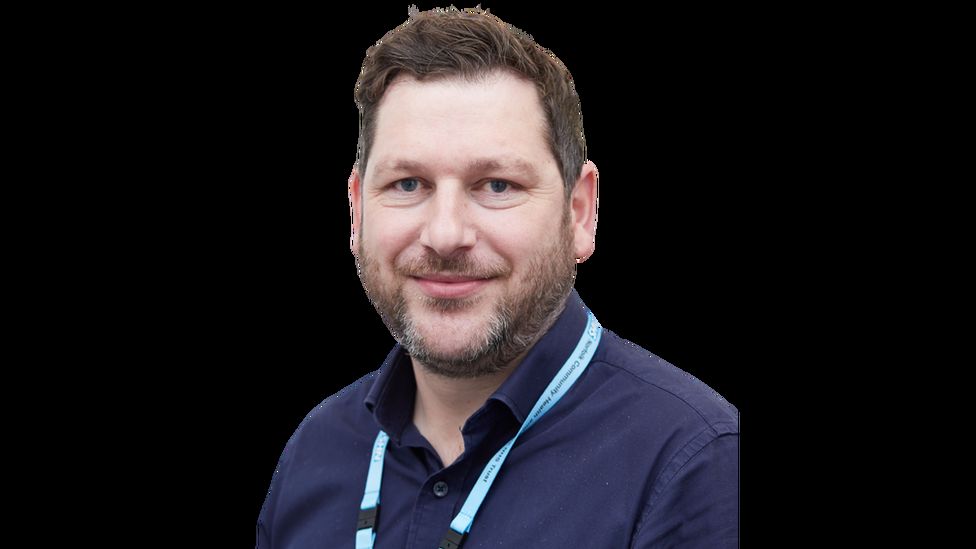
A woman said it was the "biggest shock ever" when she was told she would have to wait more than a year for a wheelchair.
Alison Norman, 54, from Norfolk, has spina bifida and would be bedridden without the use of a wheelchair because her old one was too small.
She was scared that months in bed would rob her of strength and independence.
Norfolk Community Health and Care NHS Trust apologised and said it was trying to clear its wheelchair waiting list.
Ms Norman said her troubles began after an operation and added: "It was to have a shoulder replacement because after years of pushing myself in a manual wheelchair I had basically ruined my shoulder joint.
"When I came out of hospital this condition made it impossible for me to propel myself, I was actually told not to - I was stopped from transferring myself [in and out of a wheelchair] and everything I had been able to do before I went in."
She said her legs had become more swollen and she could not fit in to her old wheelchair, and her only option was to have a new, wider one.
'Big Challenge'
"I had the biggest shock ever when I was told I would have to wait 30 weeks just to get assessed for a new wheelchair," she said.
"Then it would be followed up by possibly another 30 weeks to get the actual chair delivered.
"My only option was to be bedridden, and to be quite honest, I haven't been the sort of person who would go to bed when I was really, really poorly in the past, so it's come as a big challenge for me."

Norfolk Community Health and Care says there is a long backlog of people needing to be assessed and supplied with wheelchairs in Norfolk, which it was 'focussed on' reducing.
Rob Mack, the director of community health and social care at the trust, said he was "really sorry" that some patients have to wait a long time for wheelchair assessments.
He added: "We understand the impact this can have on people. Waiting lists have grown due to increased demand for this service. We also face staffing challenges and difficulties with supply of specialist equipment."
He wanted to reassure patients that they were looking at solutions and urged people to stay in touch.
From BBC
